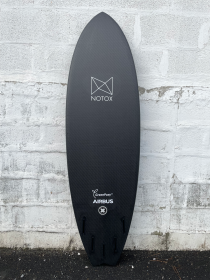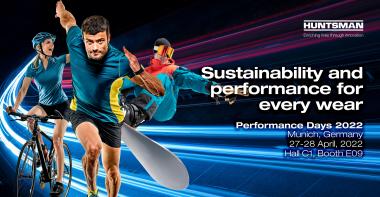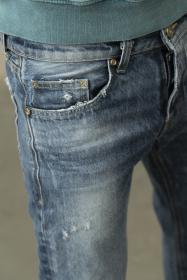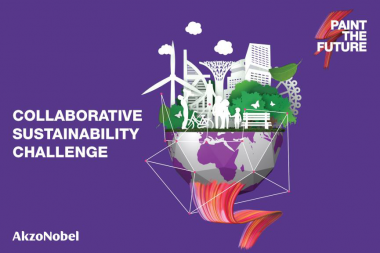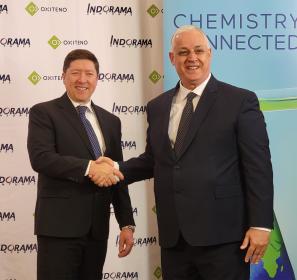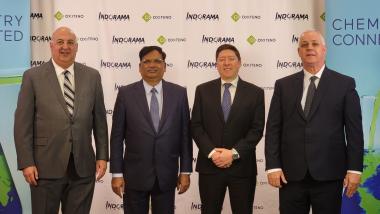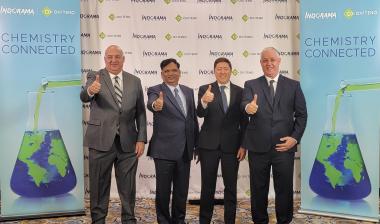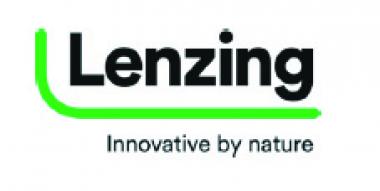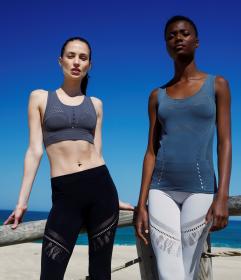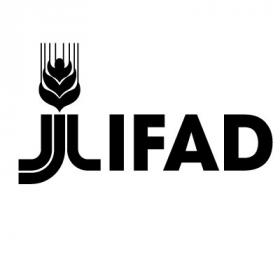Sicomin: Upcycled Carbon Fibre from Airbus with GreenPoxy to create Surfboards
Sicomin has confirmed that eco-surfboard specialist NOTOX will use GreenPoxy 56 in its latest line of R-CARBON boards. The new NOTOX R-CARBON boards are the first to use 100% upcycled carbon fibre fabrics recovered from a production waste stream at Airbus.
NOTOX, founded in 2006 and based in Basque, France, has partnered with Sicomin to use GreenPoxy bio-resins in several earlier flax, cork, and bamboo reinforced boards. In a quest to now produce the most sustainable carbon fibre reinforced boards possible, NOTOX has signed a formal agreement with Airbus Nantes to purchase defective carbon fabrics that were destined for landfill.
The new NOTOX technology gives a second life to Airbus carbon fabrics that are declared unusable for aerospace applications due to short roll lengths, an inability to be pre-formed, or other defects. The upcycled materials are combined with Sicomin GreenPoxy 56 and Surf Clear hardener, producing an extremely clear, high gloss laminate with high mechanical properties. NOTOX use a precisely controlled wet lamination process with vacuum bag consolidation to wet out the upcycled woven carbon fabrics and minimise resin consumption in the manufacturing process.
In addition to selecting a high bio-content resin – GreenPoxy 56 derives 56% of its carbon content from plant sources – NOTOX has also sourced the most sustainable carbon fibre fabrics. Full life cycle analysis by NOTOX has shown that using waste carbon fabrics from Airbus is significantly more energy efficient than using other recycled short fibre carbon, confirming the importance of upcycling this key raw material.
Sicomin / 100% Marketing


